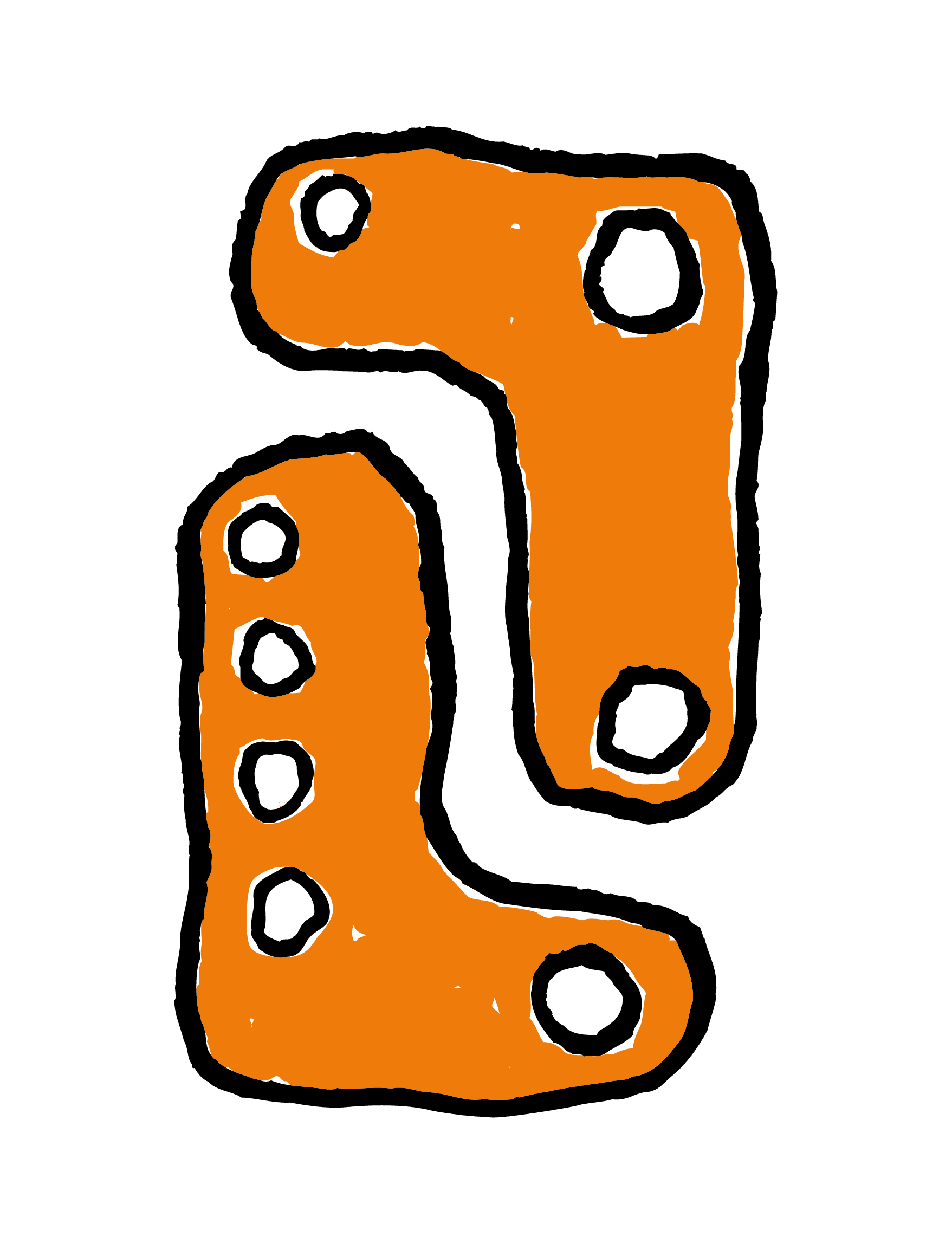Where we work
Facts about Guatemala
Area: 108,890km.sq
Climate: Tropical
Capital: Guatemala City
Currency: Quetzal
People: 56% Ladino (Mixed Race/Spanish) and European Descent, 42% Mayan, other indigenous 2%
Main Languages: Spanish plus 23 other Indigenous Languages
Religion: 97% Christian (38% Protestant/Evangelical), 3% Mayan
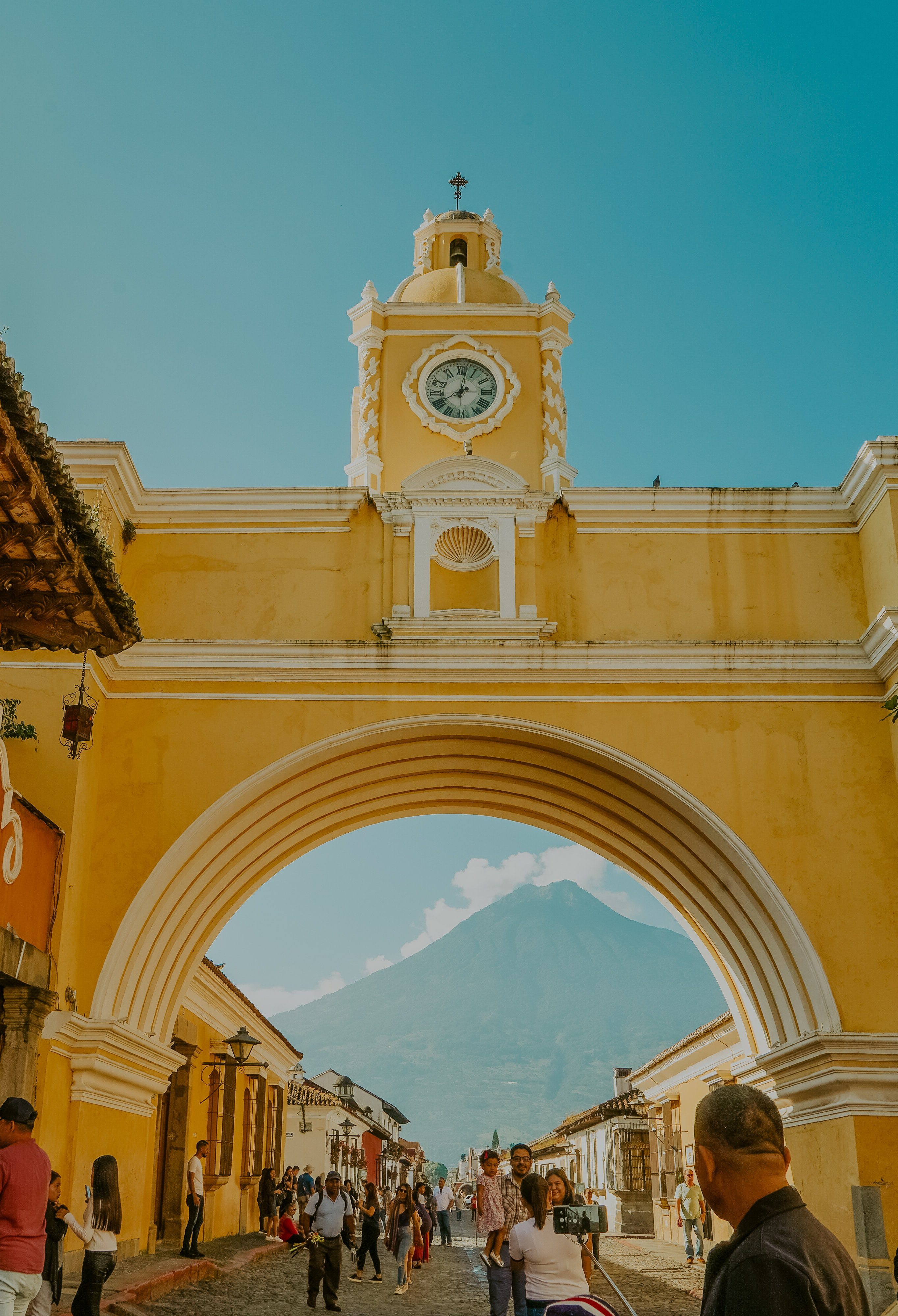
Geography and climate
Much of the population are affected by the uncertainties of agricultural production – as well as by the natural disasters that affect the country. Guatemala lies within an earthquake zone, and is hit by hurricanes annually causing destructive flooding and mudslides.
Politics and economics
Statistics vary, but it is alleged that more than 200,000 people – most of them innocent civilians – were killed or ‘disappeared’ in the civil war that ended in 1996. The bases of rebel activity were mainly in the poor, rural areas, and hundreds of villages were razed; most of their inhabitants massacred and often tortured.
Rigoberta Menchú Tum became widely known as a leading advocate of the rights of indigenous peoples, and was awarded the Nobel Peace Prize in 1992.
People and society
Religion and the church
Ancient Mayan beliefs and rituals (ancestor worship and animistic beliefs) are still prevalent in rural indigenous areas, sometimes alongside or mixed with Roman Catholicism.
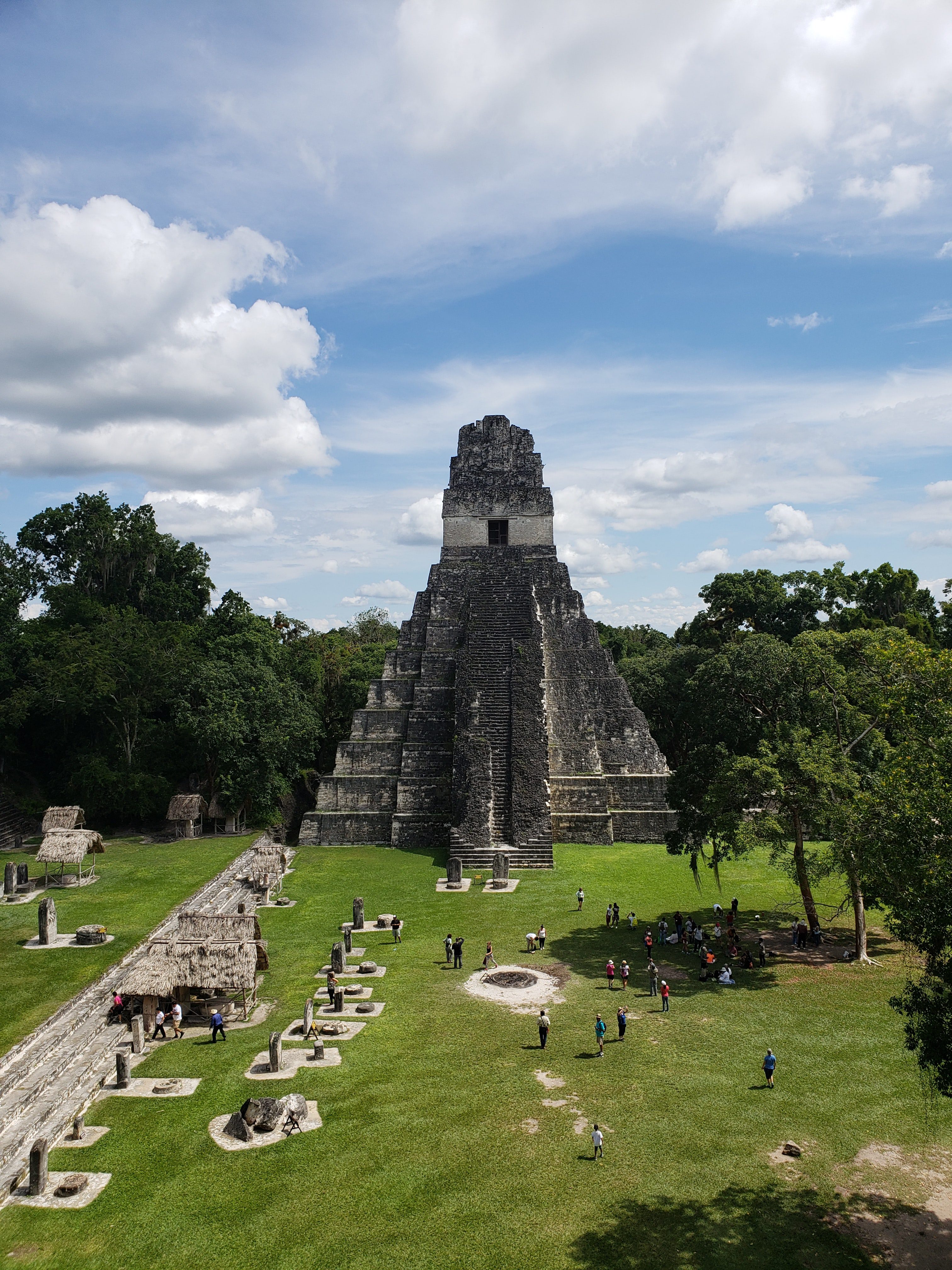
Latin Link's work in Guatemala
Current and ongoing needs are for help with children’s projects and homes, medical personnel, youth and student workers, theological education with a focus on integral mission, discipleship and English teachers.
More challenging and difficult areas are prison chaplaincy, ministry with gang members, education and church planting projects in poor and dangerous areas of the capital, and pioneer student workers to extend Christian witness in regional university bases.
There is a need for community development in rural areas: people to train others in how the church can be an agent of change in the local community and society.
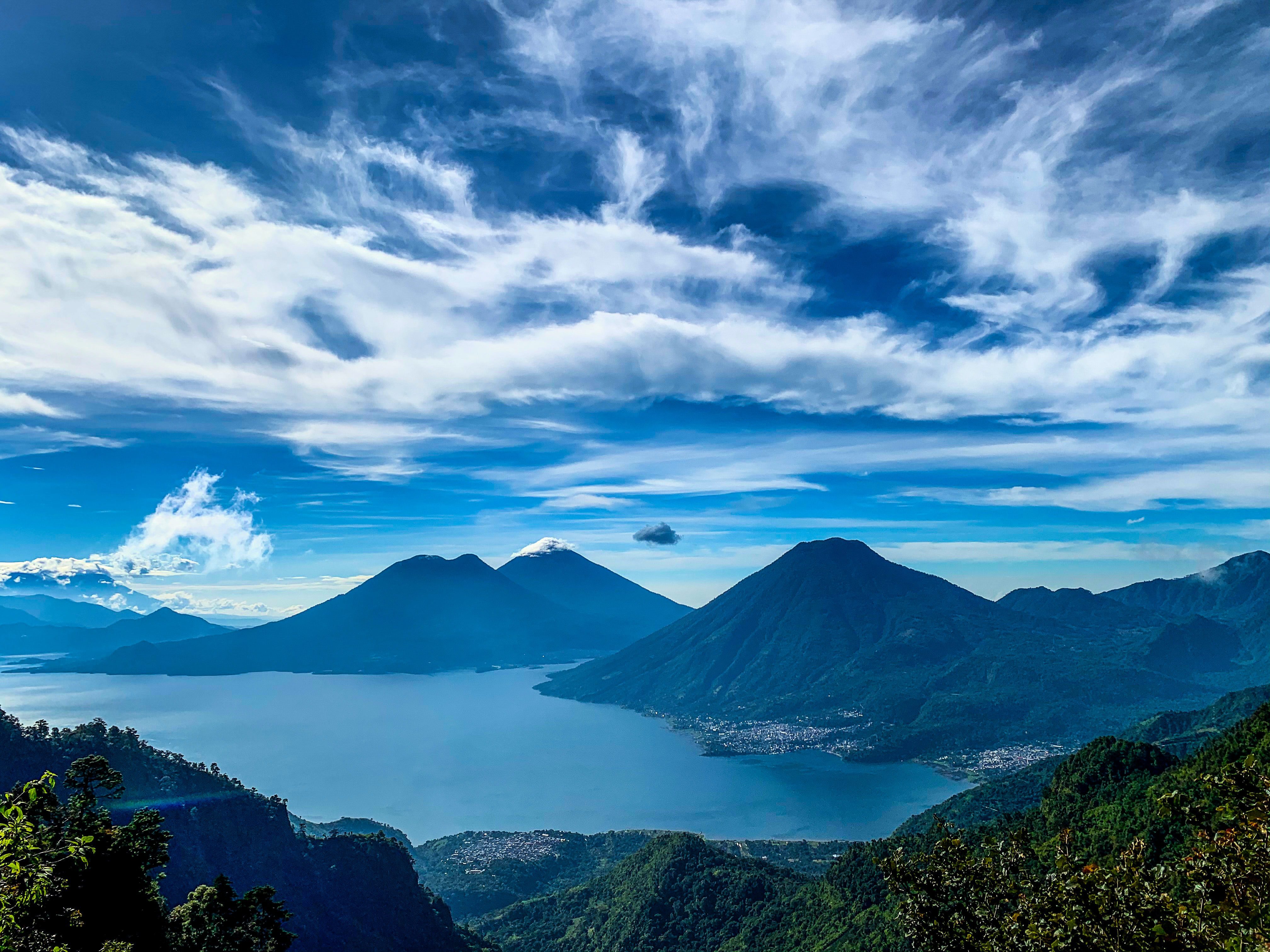
Meet our team in Guatemala
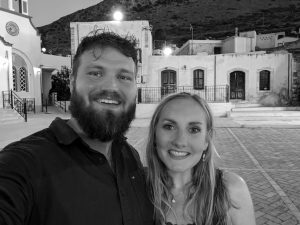
Jordan and Zoe are completing an 18-month Stride placement, based in the town of San Lucas. Jordan is serving with Revive, a ministry which focuses on discipleship and the support
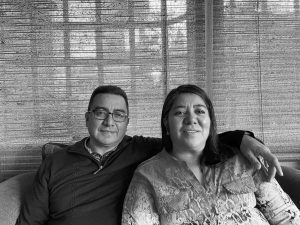
Jaime López and Ingrid de López
Jaime and Ingrid are preparing to serve in Spain as part of the Stride programme. They hope to arrive some time this year. CHURCH: IGLESIA EVANGÉLICA CRISTIANA VIDA NUEVA, LA
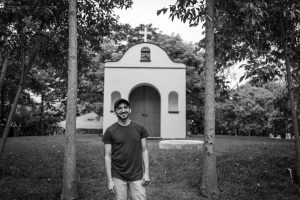
Jhonny is completing a 12 month Stride placement with St. Barnabas Church, in Winchester in the south of England. He is serving as their youth and community worker, helping with
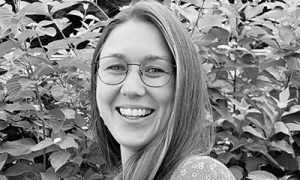
Murielle completed her two-year Stride placement in September last year. She returns as a long-term member in January this year where she will continue to serve with the ministry Asociación
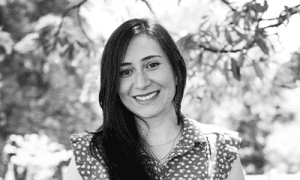
Vicky is working alongside the International Core Team in the development of communication resources and is coordinating an international communications team to increase Latin Link’s public relations presence in Latin
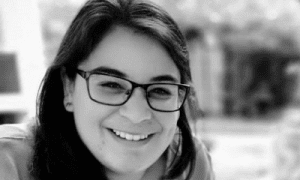
Maddie is the Coordinator for Short Term Programmes and Mobilisation for the Guatemala team. She is responsible for the receiving of new members in country, as well as overseeing their
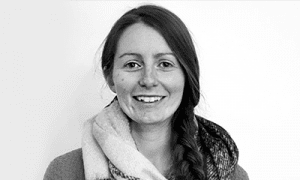
Rose lives in Guatemala City where she serves through youth work leadership, mentoring and discipleship, supporting locals in their ministry to young people through Juventud para Cristo (Youth for Christ),
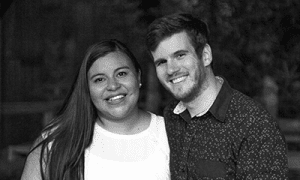
Geoff Baines and Cesia Pascual
Geoff and Cesia together with their daughter Sofía (2 years old), live in Guatemala City. Geoff serves in the Central American Theological Seminary, teaching Hebrew, Old Testament and integral mission
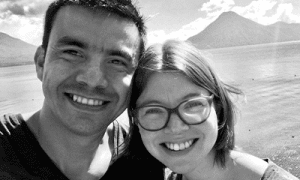
Kate and Jacobo are long term members and live in San Lucas Sacatepéquez. Kate is a social worker with a focus on safeguarding and trauma-informed care. She promotes best practice
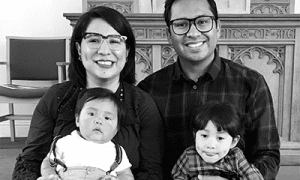
Sadoc and Vivi Chongo along with their children Olivia and Sadoccito, moved from Scotland to Southampton in August 2023. Sadoc now serves as the Children and Youth minister at Holy
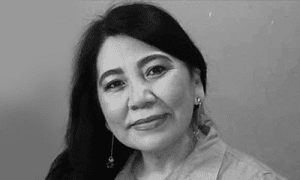
Miriam works as a teacher and counsellor in the organisation Apoyo (Support) and in a local church in the centre of Cuba. She trains leaders and the wives of church
Mission opportunities in Guatemala
To find out more about mission in Guatemala, please browse our opportunities or contact us.
Care and Social Action
Guatemala (Guatemala City)
Work with male adults who are recovering from alcohol and drug addiction in a “Teen Challenge” home.
Care and Social Action
Guatemala
Work in a ministry with children and their mothers who live on the rubbish dump.
Guatemala (Zaragoza)
To work with Educando Para la Vida (Education for Life) in Zaragoza, a small rural town, supporting an after school education project, as well as teach English.
Care and Social Action
Guatemala
To work in a children’s home for children from various challenging backgrounds (sexual abuse, abandonment, living on the street, trafficking).
Teaching Assistant with children with Disabilities/Asistente de Maestro con niños con discapacidades
Care and Social Action
Guatemala
To work with a school for children with Down's Syndrome.
Care and Social Action
Guatemala
To work with Fuerza de los Fragiles – an organisation of young adults with special needs.
Education and Training
Guatemala
To provide biblical teaching and spiritual support to the young people in a college in Chimaltenango.
Evangelism
Guatemala
To support a local church in its local outreach.
Development
Guatemala
To work alongside community health projects in rural indigenous areas of Guatemala.
Care and Social Action
Guatemala (Guatemala City)
To work alongside a team of chaplains ministering to active gang members incarcerated in several different prisons.
